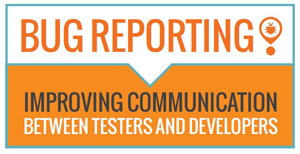Online courses are constantly being offered now through both public and private universities.
With options to take college courses rapidly expanding, many courses are being reviewed, or essentially beta tested, by large groups of volunteers before hitting course catalogs. Companies such as Coursera have groups of about 2,500 people that sample online courses prior to them going live. A course will typically be reviewed by 25 to 30 beta testers and each volunteer will work on a designated segment of the course.
The goal of beta testing online course is for the reviewers to find flaws, giving the college time to make edits before the course is put live for students.
All of the people within the group of testers have varying levels of knowledge and abilities, directly reflecting a group of college students. Putting online courses through a beta test program is a great tool for professors to use when developing courses, allowing them to ensure that their courses are right the first time.
Unfortunately, beta testing online courses is not a standard practice for many traditional colleges.
However, the idea has become increasingly appealing for many universities. Senior Instructional Designer for State University of New York System, Dan Feinberg, explained that some campuses have begun to pay testers as an incentive to ensure the best results from preliminary tests.
With many colleges offering a wide variety of online courses, beta testing might be something they all need to consider doing in order to earn profits for these courses and keep students coming back.
For more news on beta testing, visit Beta Breakers most recent blog posts.

 With Experience in Quality Assurance & Testing Desktop Software, Mobile Apps, Websites & Web Applications for Nearly 30 Years, Beta Breakers has become the Premier Software Quality Assurance Labs and Application-Testing Provider -
With Experience in Quality Assurance & Testing Desktop Software, Mobile Apps, Websites & Web Applications for Nearly 30 Years, Beta Breakers has become the Premier Software Quality Assurance Labs and Application-Testing Provider - 


Leave a Reply